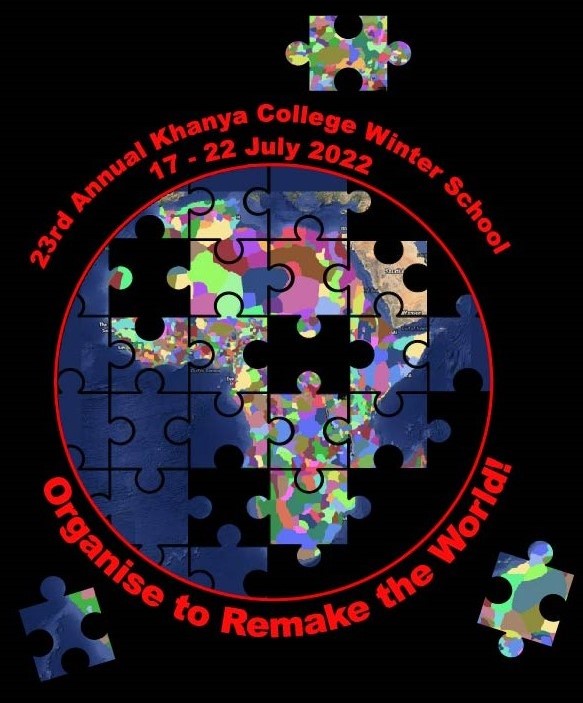Many children in South Africa are facing malnutrition and hunger, between January and February 2022, 199 children died of hunger. According to Statistics South Africa (Stats SA), this is a widespread problem caused by food insecurity. Food insecurity has become a real issue lately due to rising levels of unemployment, poverty, Covid-19 and capitalism. Recently, even the cost of living has increased drastically while the standard of living decreases, especially for the working class. People who are carrying the brunt are the working-class communities, especially the ones that are already at the bottom of the hierarchy. It is difficult for communities to eat nutritious food when they are barely making ends meet. Thapelo Maduna, a Care Giver at Dirang Ka Kagiso, an Orphaned and Vulnerable Centre (OVC) based in Bophelong, South of Gauteng, indicates that a lot of their beneficiaries do not eat healthy food since they are not working and cannot afford it. As food continues to rise, the number of households registering as beneficiaries of OVCs increases. The OVCs play an important role by providing monthly food parcels to households in need, however, considering a basket of food costs about R4500 on average, the food parcels are simply not enough to sustain many families.
Some children do not stand a chance, as they are born with malnutrition because of parents consume alcohol while pregnant and do not eat healthily. The department of Health (DoE) and the Department of Social Development (DSD) has tried to intervene through home visits to identify households and children who are struggling with malnutrition, these visits are done by the OVC Care Givers and Community Health Care Workers (CHWs). This has not helped to reduce the problem. Emile Modisaesi, a Care Giver at Ikageng, an OVC in Soweto, says Ikageng has been assisting communities with nutritious food through their food gardens, and have also helped households with planting their own vegetables. They also advice guardians to use the social grant money for nutritious food. He also highlighted the need for communities to be educated about healthy eating. Khanya College has been running a campaign on Child Malnutrition in OVCs and Early Childhood Development Centres (ECDs) to raise awareness about child malnutrition and promoting health eating. It is clear that the government will not offer solutions to this problem, so it is important for the working class to come up with alternatives. A meeting with parents at PUSH reinforced the need for households to start their food gardens and to understand that with the little money they have, they can still eat healthy food.
This article was submitted as part of the Imbila Yesu publication produced daily for the duration of the Winter School in 2022 (17-22 July 2022). It appeared in Edition 1, released on 19 July 2022.
You may republish this article, so long as you credit the author and Karibu! Online (www.Karibu.org.za), and do not change the text. Please include a link back to the original article.


 Download PDF
Download PDF